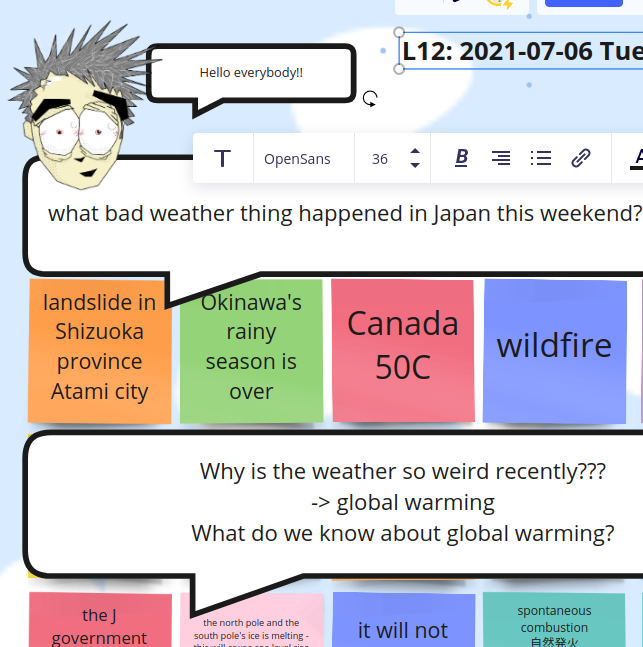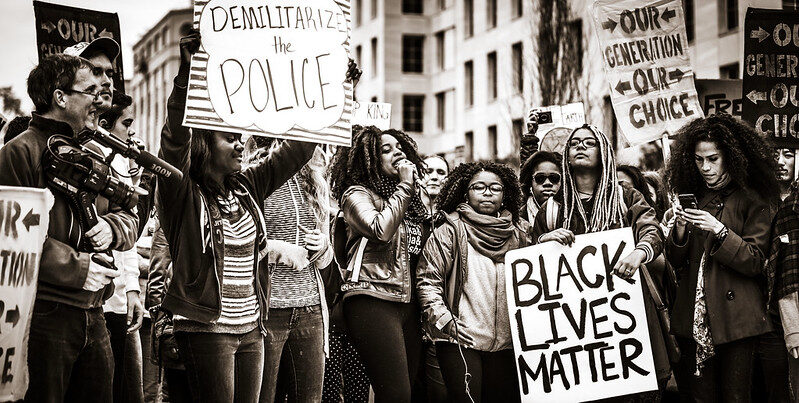このPODCASTを一年間やってきて、どうだった、何学んだ、これからの目標などについての適当なtensaimon talking!
PODCASTアプリ(Spotify, iTunes, などなど)で音声だけも聞けますよ:検索 “tensaimon”
(下にスクロールすると英語のセリフありますよ↓↓↓)

仕方があるはずよ〜
このPODCASTを一年間やってきて、どうだった、何学んだ、これからの目標などについての適当なtensaimon talking!
PODCASTアプリ(Spotify, iTunes, などなど)で音声だけも聞けますよ:検索 “tensaimon”
(下にスクロールすると英語のセリフありますよ↓↓↓)
I work as a university lecturer teaching English conversation and discussion courses in Japan, and over time I’ve gradually moved away from “talk about your hobbies” to “talk about the state of the world” – I found that my students react well to this, and once they get warmed up very much enjoy talking about important social issues in English.


The #blacklivesmatter movement has (I hope) got us all thinking about how to be anti-racist – how to be part of the solution not part of the problem.
However, I think we are going to find that being anti-racist is much broader than simply anti-black-and-brown-people racism – being anti-racist means being anti-oppression, and in this short post I’m going to try to explain why I think we classroom teachers (I talk in particular about language teaching because that’s my profession, but my point applies to all teaching) have some learning to do. Let me start with something surprising:
As language teachers:
Yes, as educators we have a role: we can suggest topics and roads of enquiry, and prod them with questions to encourage deeper thought.
IF that’s what they want.
“#blacklivesmatter means we teachers have some learning to do…” の続きを読むこの投稿を日本語で見る。
I’m afraid this blog has been a bit neglected in the last few months, however, I have been quite active on Youtube and Periscope, so today I thought I’d share a few videos.